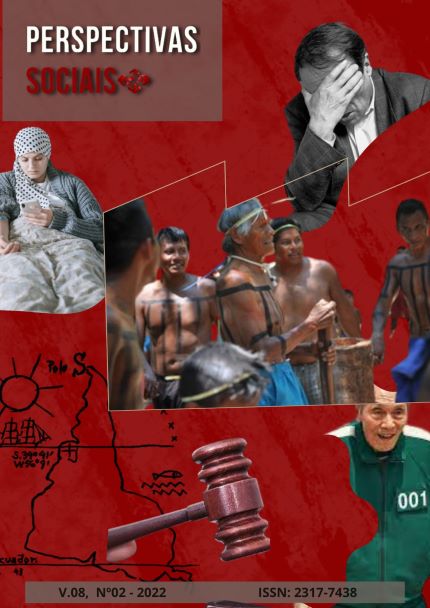EPISTEMOLOGICAL RACISM IN THE CONSTRUCTION OF PARADIGMS IN THE HUMANITIES AND SOCIAL SCIENCES
SOME DIALOGUES WITH LATIN AMERICA
Abstract
This article seeks to make a theoretical overview of the development of the construction of ''representations'' as an epistemological foundation of the Social Sciences. These supposedly universalistic constructions end up reproducing certain distorted views of reality and social groups, especially the marginalized. This overview begins with the presentation of some fundamentals of classical sociological epistemology, going through the following authors: Georg Simmel, Émile Durkheim, and Alfred Schutz. Following that, Michel Foucault and his reinterpretation of the emergence of these sciences will be presented, bringing a reconceptualization of the discursive representations and, finally, Pierre Bourdieu, already bringing a self-criticism to this discursive paradigmatic construction of the human sciences in the French context. Beyond this European construction and critique, Latin American authors will be presented, who have focused on this paradigmatic construction and who have problematized these "representations", going through a vision of discursive racism and its impacts on the theories and social readings of Latin American reality.

